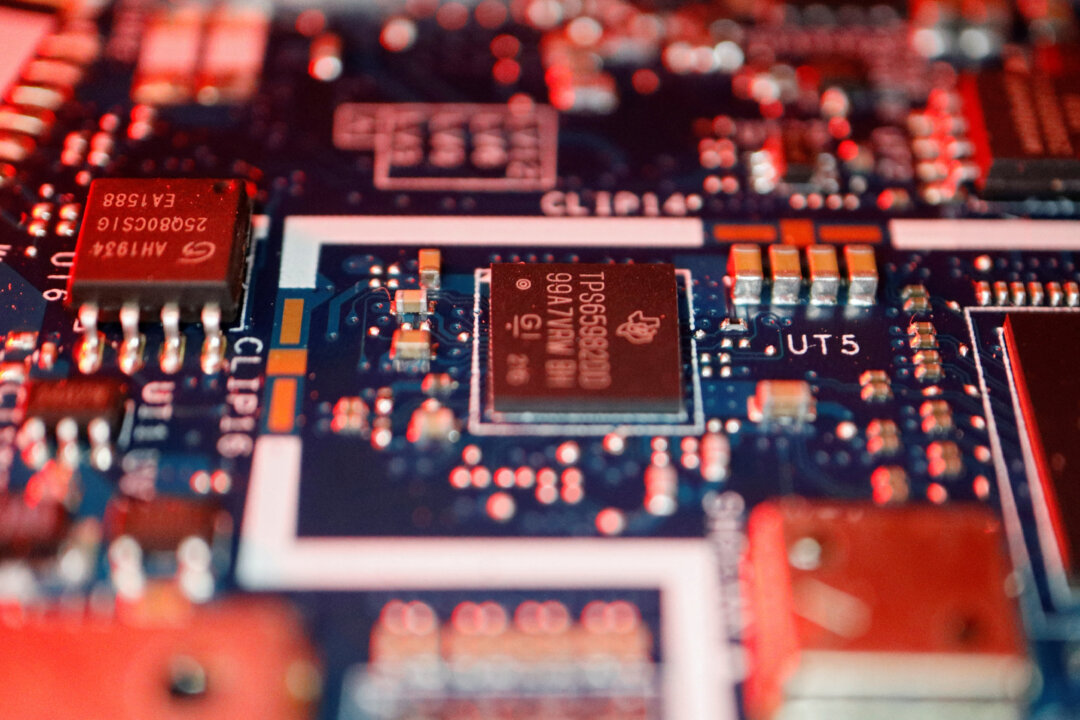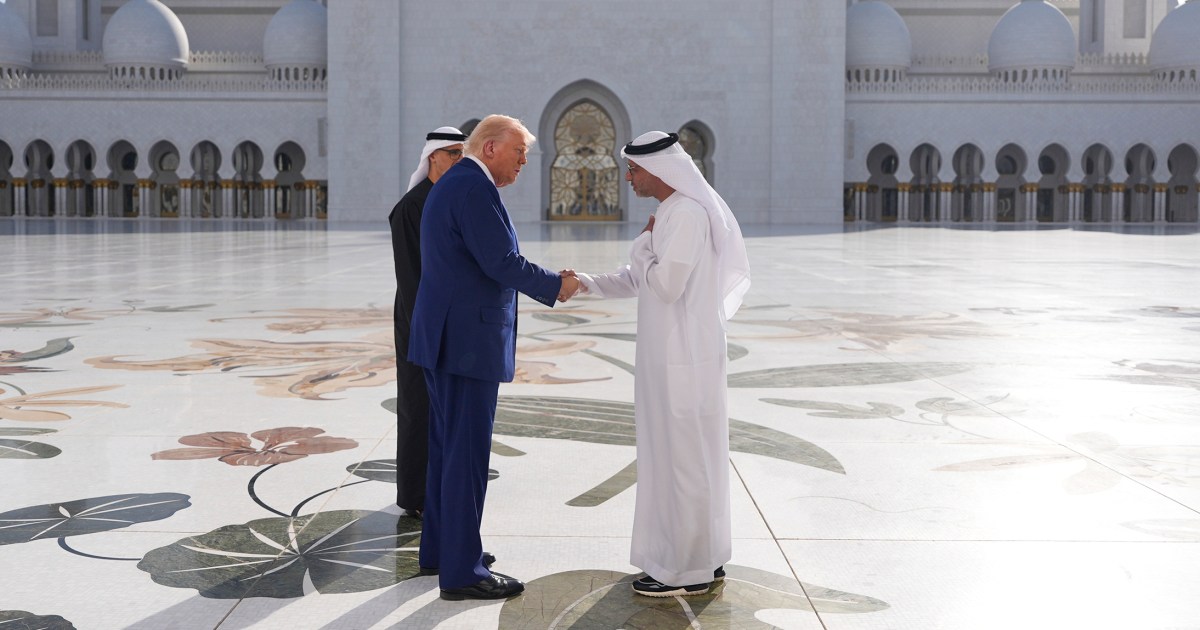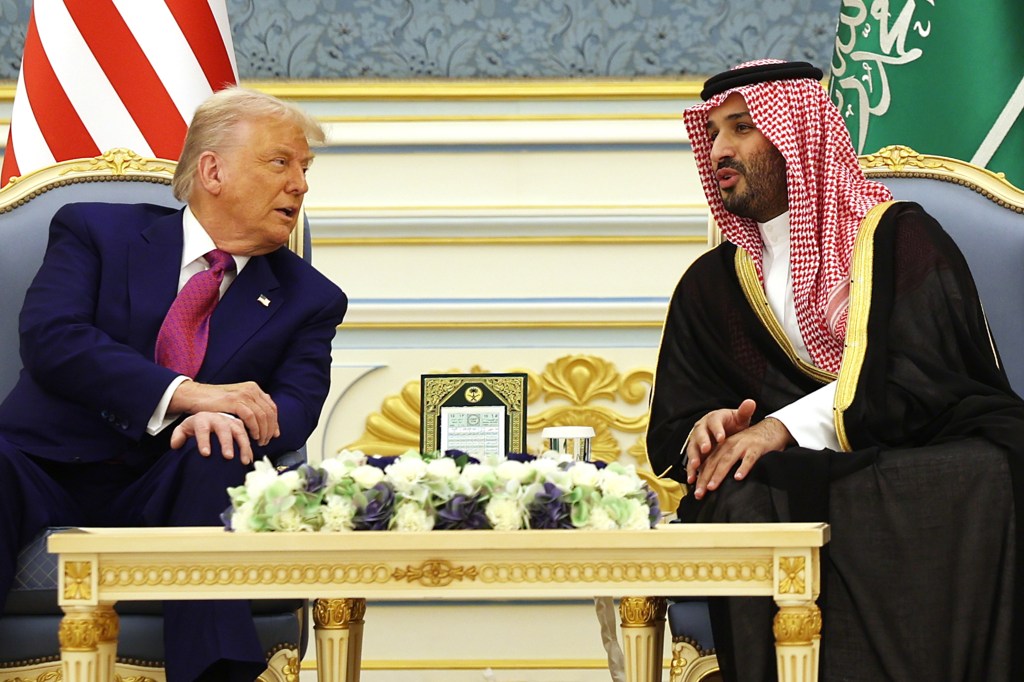Trump's Middle East Trip Raises New Security Concerns Amid AI Deals
President Trump's trip to the Middle East deepens scrutiny over AI agreements and potential national security risks tied to Gulf partnerships.
Subscribe to unlock this story
We really don't like cutting you off, but you've reached your monthly limit. At just $5/month, subscriptions are how we keep this project going. Start your free 7-day trial today!
Get StartedHave an account? Sign in
Overview
During President Trump's recent Middle East trip, significant AI deals were struck with Gulf nations, raising national security concerns. Trump's plan to accept a $400 million jet gift from Qatar has drawn bipartisan criticism for potential corruption and safety issues. Key agreements included advanced semiconductor sales to the UAE and Saudi Arabia, provoking worries from lawmakers about weak safeguards against Chinese access. Critics argue that these moves contradict Trump's 'America First' agenda, potentially jeopardizing U.S. interests in a rapidly evolving tech landscape. Enhanced partnerships aim to bolster American influence while critics call for clearer regulations.
Report issue

Read both sides in 5 minutes each day
Analysis
Analysis unavailable for this viewpoint.
Articles (9)
Center (3)
FAQ
The main AI-related deals included over $200 billion in commercial deals between the U.S. and the UAE supporting a $1.4 trillion investment framework for AI infrastructure, semiconductors, quantum computing, and biotechnology. The U.S. and UAE also signed an AI agreement with commitments to build U.S. data centers and align national security regulations. Saudi Arabia committed $600 billion in investments including $20 billion for AI data centers and energy infrastructure in the U.S., alongside major technology investments from companies like Google and AMD.
National security concerns arise because lawmakers worry about weak safeguards against Chinese access to advanced semiconductor technology and AI infrastructure being shared with Gulf partners. Critics argue that the deals might allow technology diversion and contradict the 'America First' agenda by potentially jeopardizing U.S. interests in the rapidly evolving technology landscape.
The plan to accept a $400 million jet gift from Qatar has drawn bipartisan criticism due to potential corruption and safety issues. Critics are concerned that such a gift could undermine transparency and raise questions about the influence of Gulf partnerships on U.S. political and security interests.
While critics argue the deals contradict the 'America First' agenda by risking U.S. national security and technological advantage, official statements emphasize that these agreements strengthen strategic partnerships and U.S. economic interests. The deals focus on boosting American influence, expanding trade, and securing investments that support domestically based jobs and advanced technology development.
The U.S. expects these partnerships to build lasting prosperity through investment, innovation, and job creation in frontier technologies such as AI, semiconductors, biotechnology, aerospace, and energy. The agreements also aim to secure U.S. national security interests by aligning security regulations with partners like the UAE and maintaining American dominance in emerging technologies while expanding the American tech footprint in the region.
History
- 6M

 3 articles
3 articles
- 6M

 3 articles
3 articles






